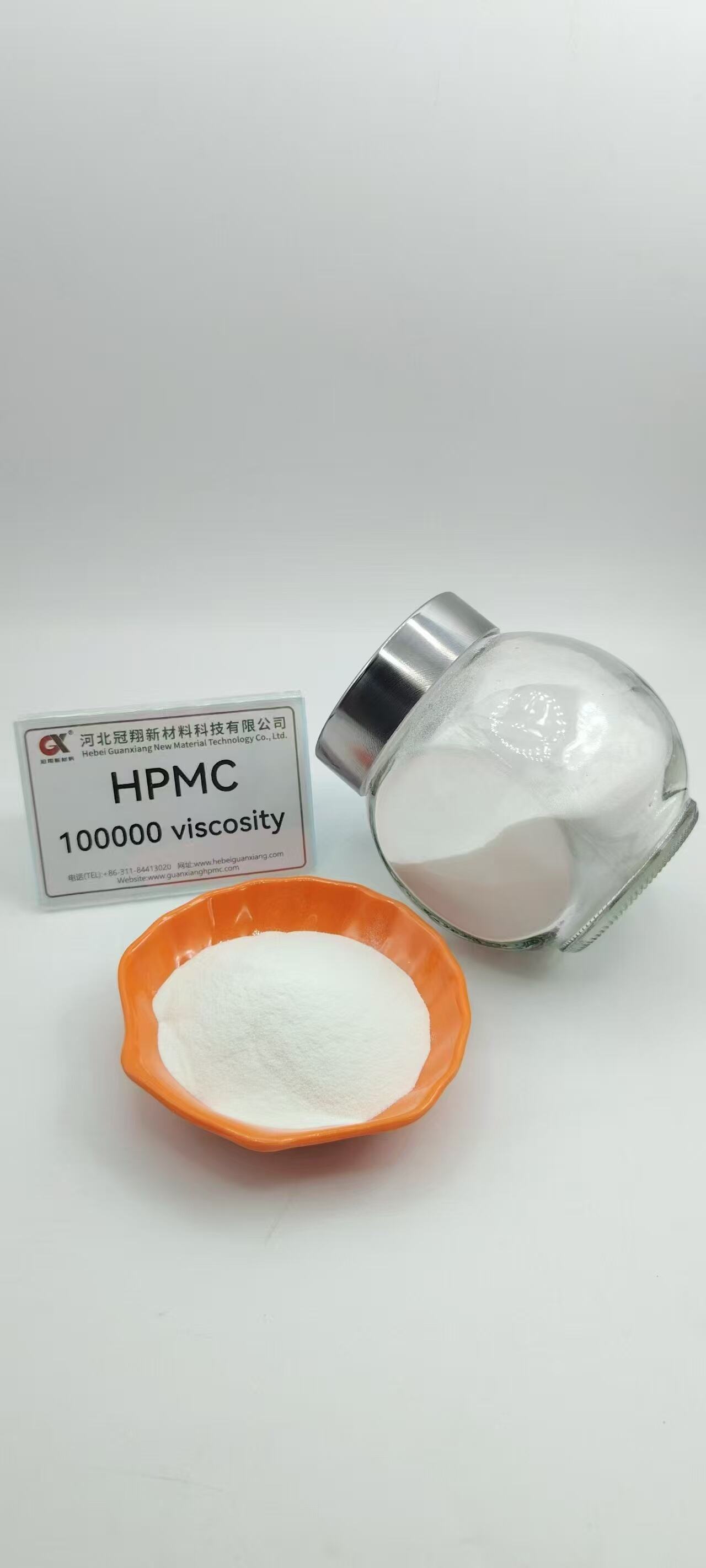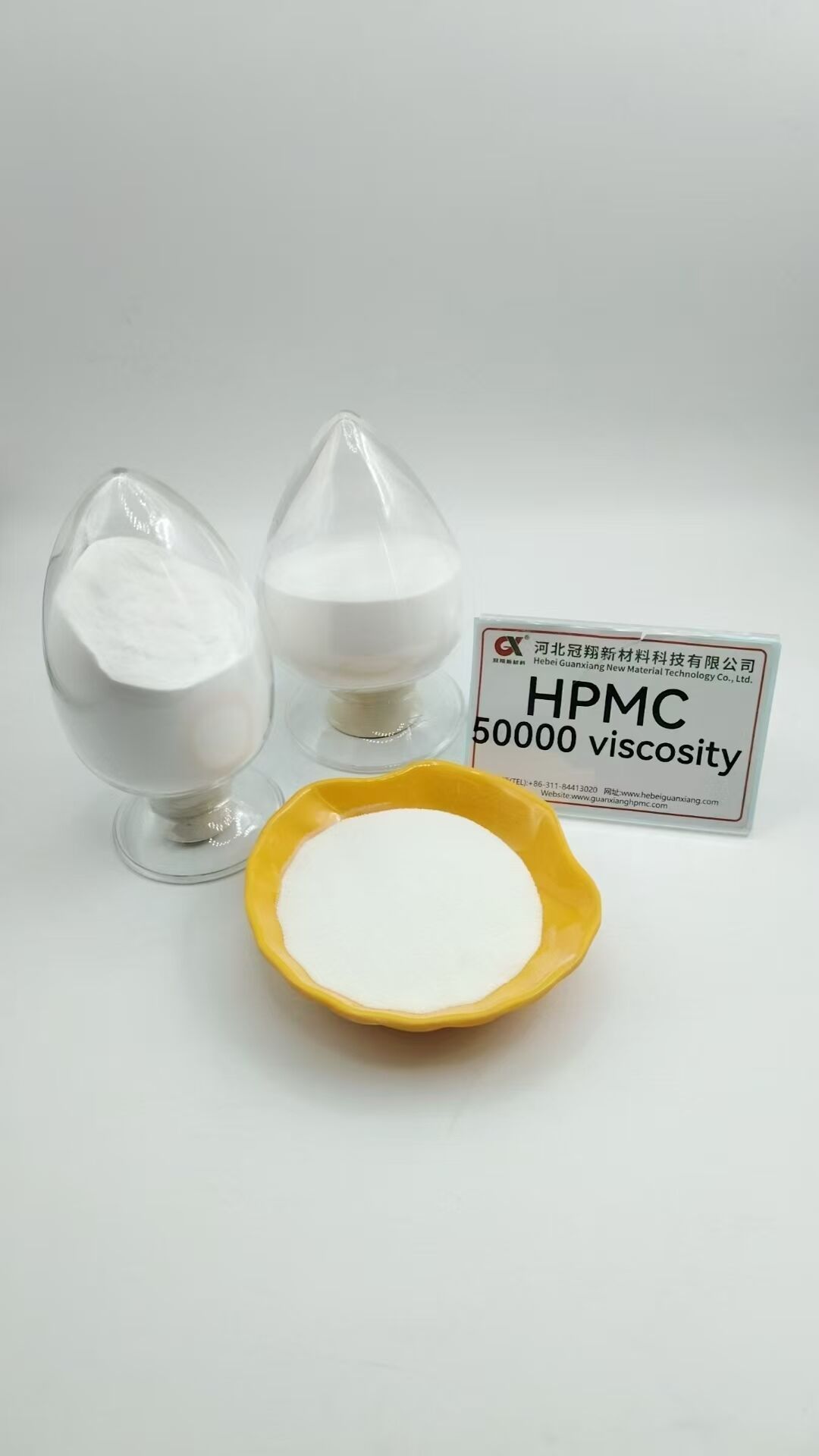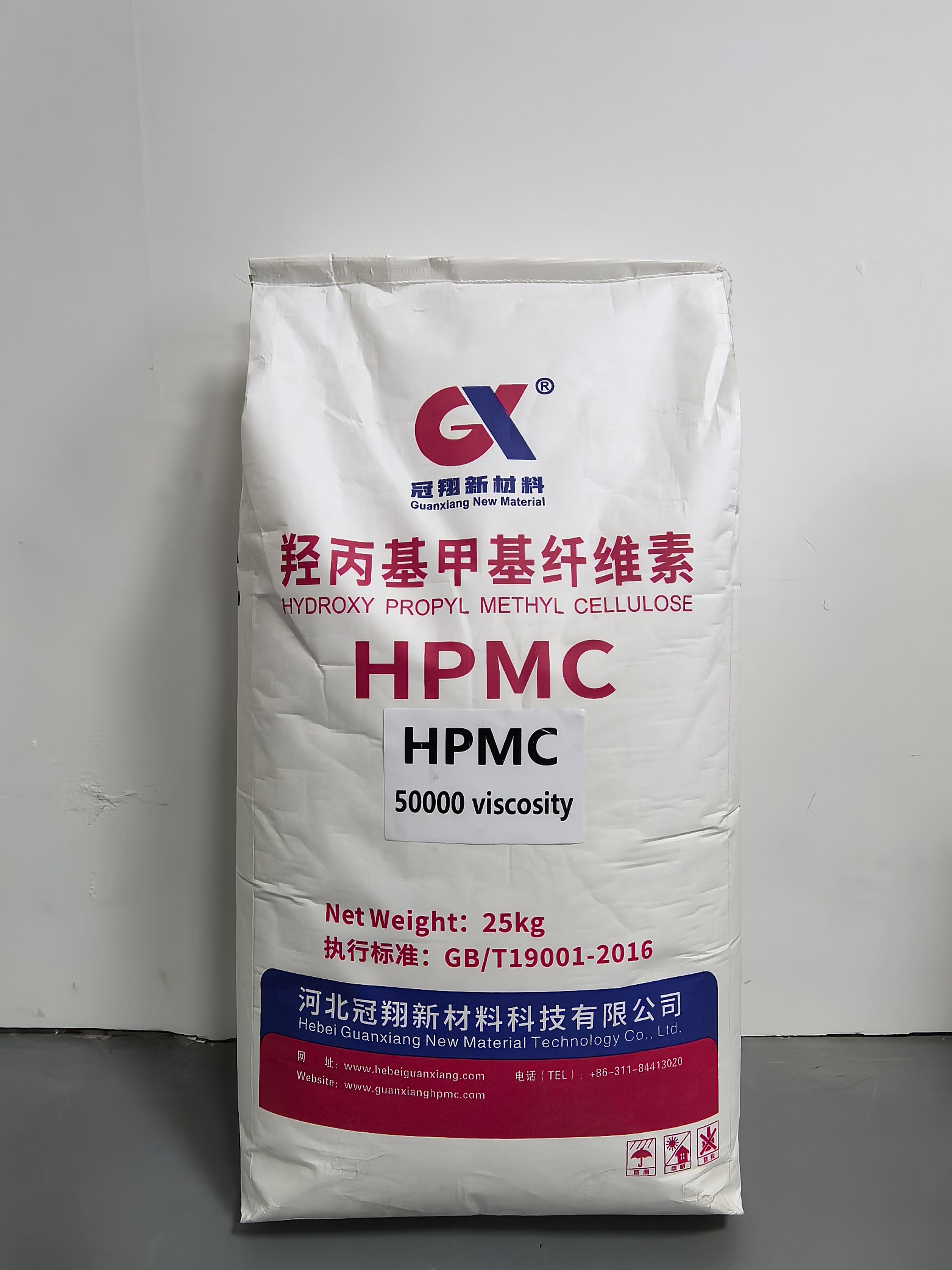hpmc polymer uses manufacturer
HPMC polymer uses manufacturers specialize in producing hydroxypropyl methylcellulose, a versatile compound that plays a crucial role in various industries. These manufacturers employ advanced production technologies and strict quality control measures to create HPMC products that meet diverse application requirements. The manufacturing process involves sophisticated chemical modification of cellulose, resulting in a polymer that offers exceptional film-forming properties, controlled release capabilities, and superior binding characteristics. Modern HPMC manufacturers utilize state-of-the-art equipment and automated systems to ensure consistent product quality and optimize production efficiency. They typically offer various grades of HPMC with different viscosity levels, substitution types, and particle sizes to accommodate specific customer needs. These facilities maintain ISO certifications and follow GMP guidelines, implementing rigorous testing protocols throughout the production process. The manufacturers often provide technical support and customization options, helping clients select the most suitable HPMC grades for their applications. Whether it's for pharmaceutical formulations, construction materials, or food products, these manufacturers ensure their HPMC polymers meet international standards and regulatory requirements. Many facilities also invest in research and development to improve product performance and develop innovative solutions for emerging market demands.


